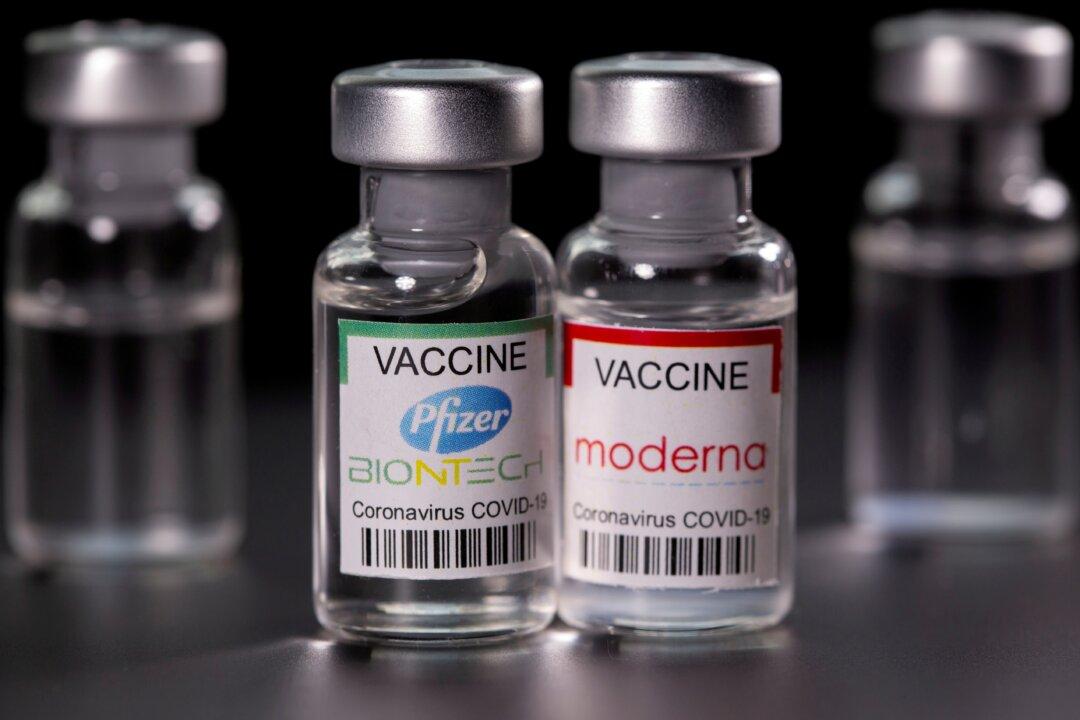A Canadian paper published in a peer-reviewed international journal proposes that “conscientious objection” is an adequate reason to refuse mRNA vaccines as a preventive treatment against COVID-19.
The authors present the scientific basis for their proposal, explaining that the vaccines consist of artificial mRNAs wrapped in lipid nanoparticles that force the recipient’s cells to produce, “against their nature, a biological active viral protein” of an unknown dose and quality.





